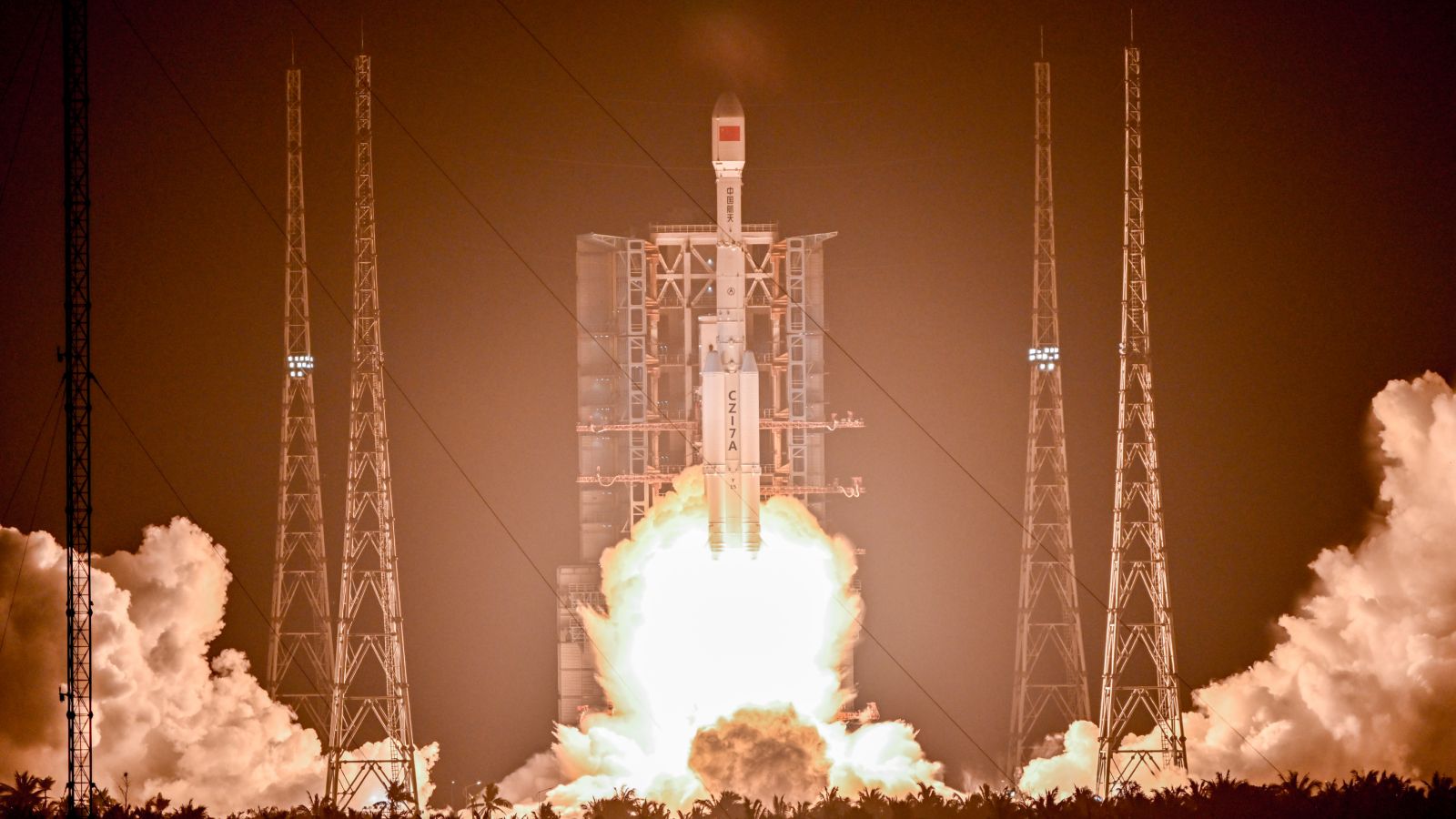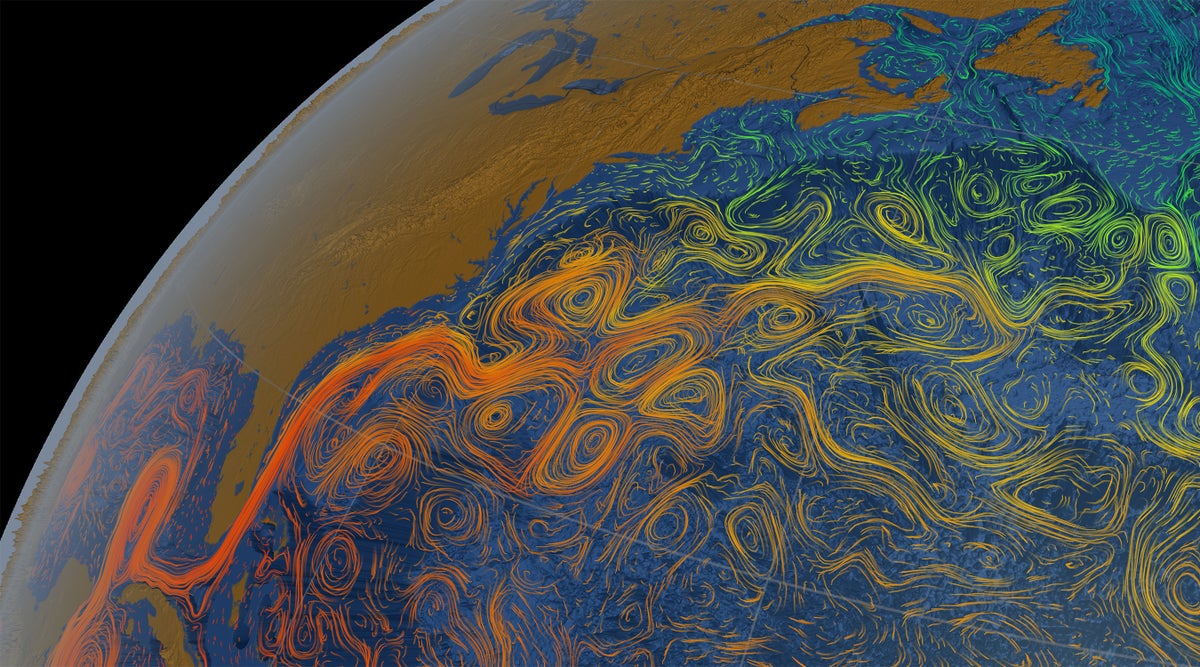autonomous driving. It has been brewing for years, but could conceivably blow up in a big way soon.
For decades. And it will.
Scientist have been working on it already
way before the current AI hype and Elon's battery cars (e.g. TH Berlin.)
Automation was my major at university, and I can tell you this 'autonomous driving' is a pipe dream. It will never work, because it cannot.
People cling on single progress steps but cannot see the whole picture.
People see autonomous carriers in warehouses and believe it's just a small step to real cars on real streets, overseeing the fact that within a warehouse you're in a closed, clearly defined system with completely other conditions (e.g. markings, and above all speed) and only about some dozens of parameters to respect, whereas on open streets you have zillions of parameters, and just the speed alone is not to be underestimated. It makes a complete difference if you're driving with 5...10km/h or 50 and above. Engineers expertise: You cannot simply scale up a system.
People sitting in their cars and think detection of track, traffic signs, and the sorrounding vehicles was enough (well, not a few actually drive that way

) but oversee that's only ~10% of what's driving a car is all about.
Over 90% is to anticipate, appraise and evaluate situations, think ahead, try to forsee what will happen, being prepared, not just reacting. Example: seeing some yellow flashing lights one or two km aheads, telling them from traffic lights, understanding: 'this is a construction site' (not in your gps database), or seing a truck 150m ahead backing up on the street, understanding 'soon all will break', adjusting yourself to the coming situation. That's driving.
A machine cannot do this. Especially not in the open, real world with infinite possibilities. Impossible, no matter how much computing power, memory, or AI training you put into this.
All you can do with any machine is to react on situations defined - already experienced (similarity of models in simulations and automation.) But in traffic on real streets you always have to be prepared for the non yet experienced. Every unforseen event is your model mismatches. So your automation, doesn't matter if it's an AI, cannot react defined, 'cause there is no definition for that. So it fails - and this cause crashes. And again speed matters. It's a difference if your 200kg warehousecarrier crashes at 5km/h, or your 2t car at 130km/h. In the latter situation nobody laughs, because it does not make 'boing!' and just leaves a scratch in a rubber bumper, only.
You may solve afterwards:'yeah, sorry, now we understand. now we solved
this problem.' Until the next crash because of:'ohoh, we didn't thought of that.'
I know for many this is hard to accept. So much hopes, promises are in that - and money, and work already, too. What problems could be solved, if it works (parking space, traffic jams, everybody sticks to the speed limit, nobody drives like a boar anymore,...) - no question.
But it's like any "if we could...": science fiction. good for entertainment, but not to be taken seriously.
"I hate to give good people bad news. Have a cookie!"










